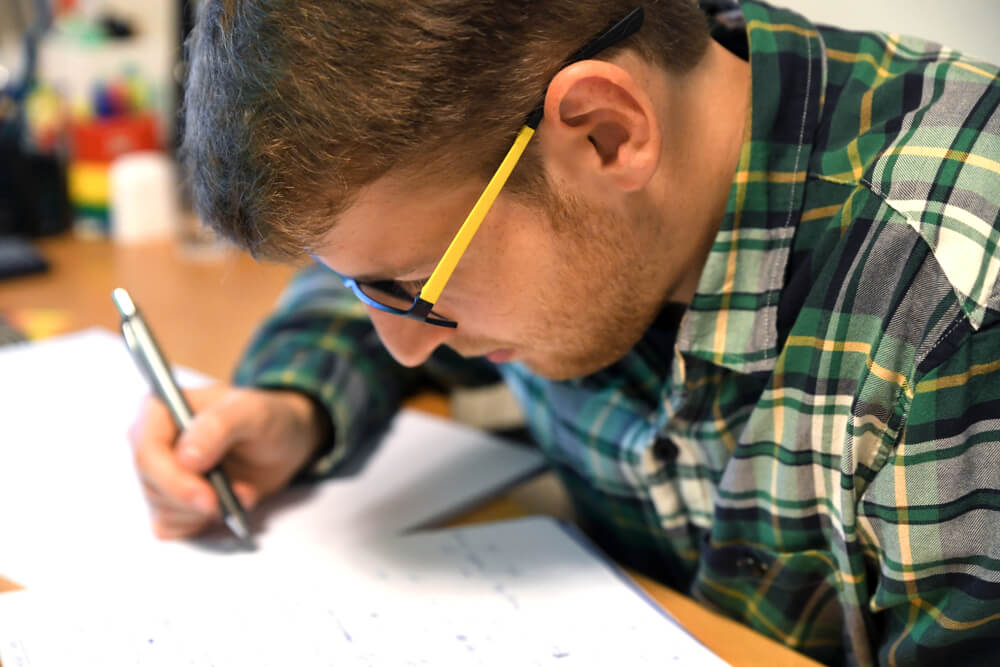Behavior modification, also known as behavior therapy, is a system of techniques designed to help target and manage self-destructive behavior. Through a method of consistent rewards and consequences, negative behavior is ultimately replaced with positive alternatives. Although behavior modification is utilized by medical professionals to help individuals of any age, children and adolescents are generally the most receptive to it because they are still mentally and emotionally malleable. Experts suggest that the earlier behavior modification is introduced, the more successful it is. The basics of behavior modification are familiar to many because the process of negative and positive reinforcement is similar to what most parents and caregivers know instinctively. The difference between every day parenting and a therapeutic behavior modification plan is a higher level of consistency, stricter guidelines and constant revision as teens learn how to self-regulate.
How Do I Know If My Son Needs Behavior Modification Therapy?
Some teens have issues severe enough that they are unable or unwilling to respond to outpatient options. In such cases, parents turn to a full time school for troubled teens in order to get their son the intensive help he needs to truly change. While the idea of sending your child away can be intimidating and frightening, a good program can be life changing. Here are six ways that behavior modification programs can help your troubled boy change his future:
Communication – Many teens spend their adolescent years learning how to effectively communicate with peers and authority figures. Positive interaction is a skill that is essential to a healthy future. Therapeutic boarding schools work with teens to ensure that they can properly communicate, both verbally and emotionally, with those around them.
Defiance/Anger – The teen years are often volatile, even with average kids. Troubled boys can become aggressive and violent, which puts them at risk for a number of immediate problems along with disrupting their healthy long term development. Behavior modification programs help teens learn to substitute non-violent solutions for day to day problems and concerns.
School – Academics are usually one of the first things to suffer when a teen begins to display behavioral issues. Most programs offer an academic curriculum that gives boys individual attention for grade repair and helps them move forward at a pace that works for them.
Responsibility – Responsibility can be somewhat intimidating for individuals that find it easier to self-sabotage and retain a false feeling of control. Boarding schools for troubled teens offer their students a strict but supportive environment where they can learn to take on a graduated system of responsibilities and ultimately gain the confidence that comes from positive accountability.
Self-Esteem – Self-esteem is often at the root of many behavioral issues for troubled youth. Full time programs offer a variety of activities that promote teamwork and challenge boys to develop new strengths and gain more confidence in themselves.
Problem Solving – One of the most valuable things that teens can learn in a behavioral modification program is how to look at old problems in a new way. By practicing their problem solving skills, they can be better prepared to meet the daily challenges of the future.
Liahona Academy is a full time residential treatment center located in southern Utah. We specialize in helping troubled teen boys learn to manage their daily challenges through a highly successful behavior modification therapy program. For more information, or a consultation, please contact us at 1-855-587-1416.











0 Comments